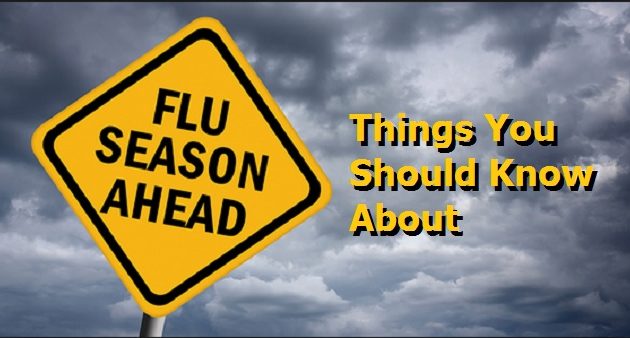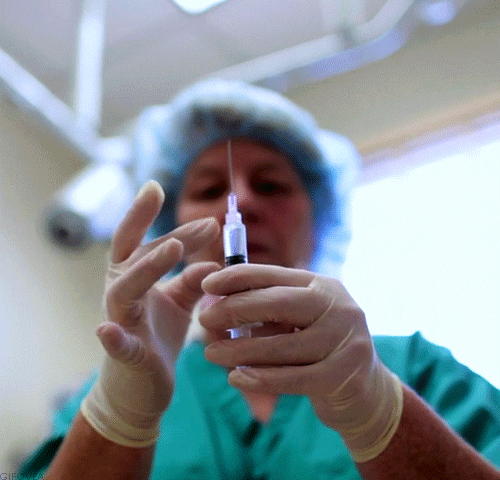
The 2017-2018 flu season became one of the most severe seasons on record, excluding pandemics, according to the U.S. Centers for Disease Control and Prevention. As of Aug. 18, 2018, a total of 179 children died of influenza-associated deaths, and thousands more were hospitalized. About 80 percent of the children who died had not received a flu vaccination, according to the CDC. The CDC recommends that everyone who is six months and older get a flu shot by the end of October, if possible. Remember that it usually takes two weeks for antibodies to build up in your system to fight the flu.

Researchers said flu cases are at their worst in the U.S. between December and February, but influenza activity could linger into May. It is recommended the flu shot as the first choice for children. The nasal spray vaccine may be used this year for children who would not otherwise receive the flu shot, as long as they are 2 years of age or older and healthy without an underlying medical condition. For instance, if a child refuses the flu shot, or if the physician’s office runs out of the injected vaccine, the nasal spray would be appropriate. The influenza vaccine is given by injection into the muscle and is inactivated, meaning it does not contain a live flu virus and cannot cause the flu. This season’s flu vaccine has either three (trivalent) or four (quadrivalent) virus strains.

Neither vaccine formulation is preferred over the other. Compared with last season’s vaccines, the 2018-2019 vaccines contain one new strain of influenza A (H3N2) and one new strain of influenza B (Victoria lineage). The flu can be a very serious illness, especially in young children, adults ages 65 and over, those with underlying health conditions, and pregnant women. The flu shot is the best way to protect yourself and family from the flu, the CDC says. Strains of the flu virus are constantly changing, so a new flu vaccine is made each year. Scientists make the vaccine before the flu season starts by predicting which flu strains are likely to be the most common during the upcoming season.

In addition to the standard-dose flu vaccine given through a needle, flu shots are available in several different forms, including a high-dose version for those ages 65 and older, a small-needle version (intradermal flu vaccine) for people ages 18 to 64, an egg-free version that’s grown in animal cells rather than hen’s eggs and is approved for people ages 4 and older, and a nasal spray, which is approved for healthy people ages 2 to 49. There is also a needle-free flu shot, delivered by a so-called jet injector, which uses a high-pressure stream of fluid to inject the vaccine, the CDC says. It is approved for adults ages 18 to 64. It’s a myth that you can get flu from the flu vaccine, said Dr. William Schaffner, a preventive medicine and infectious disease expert at Vanderbilt University School of Medicine in Nashville, Tn. The viruses in the flu shot are killed, so people cannot get the flu from a flu vaccine. However, because it takes about two weeks for people to build up immunity after they get the flu vaccine, some people may catch the flu shortly after their vaccinated, if they are exposed to the flu during this time period.

Some people may also mistakenly attribute symptoms of a cold to the vaccine, Schaffner said. The nasal spray vaccine contains a “live attenuated” flu virus, but the virus is weakened so that it cannot cause the flu. The viruses in the nasal spray can’t replicate in the warm temperatures of the lungs and other parts in the body. However, because temperatures in the nose are colder, the virus causes a small infection in the nose. This infection does not cause symptoms in most people, but in some people, it causes symptoms such as runny nose and sore throat, Schaffner said. This local infection will prompt the body to make antibodies against the flu virus, Schaffner said. “That provides better protection against the real flu, which is of course, is a virus that can make you seriously ill.” While the CDC can’t predict what this year’s flu season will be like, it recommends vaccination as a preventive measure. Once flu season begins, people can also reduce the spread of illness by washing their hands frequently, staying home from school or work if they get sick and taking antiviral drugs if they come down with influenza.






